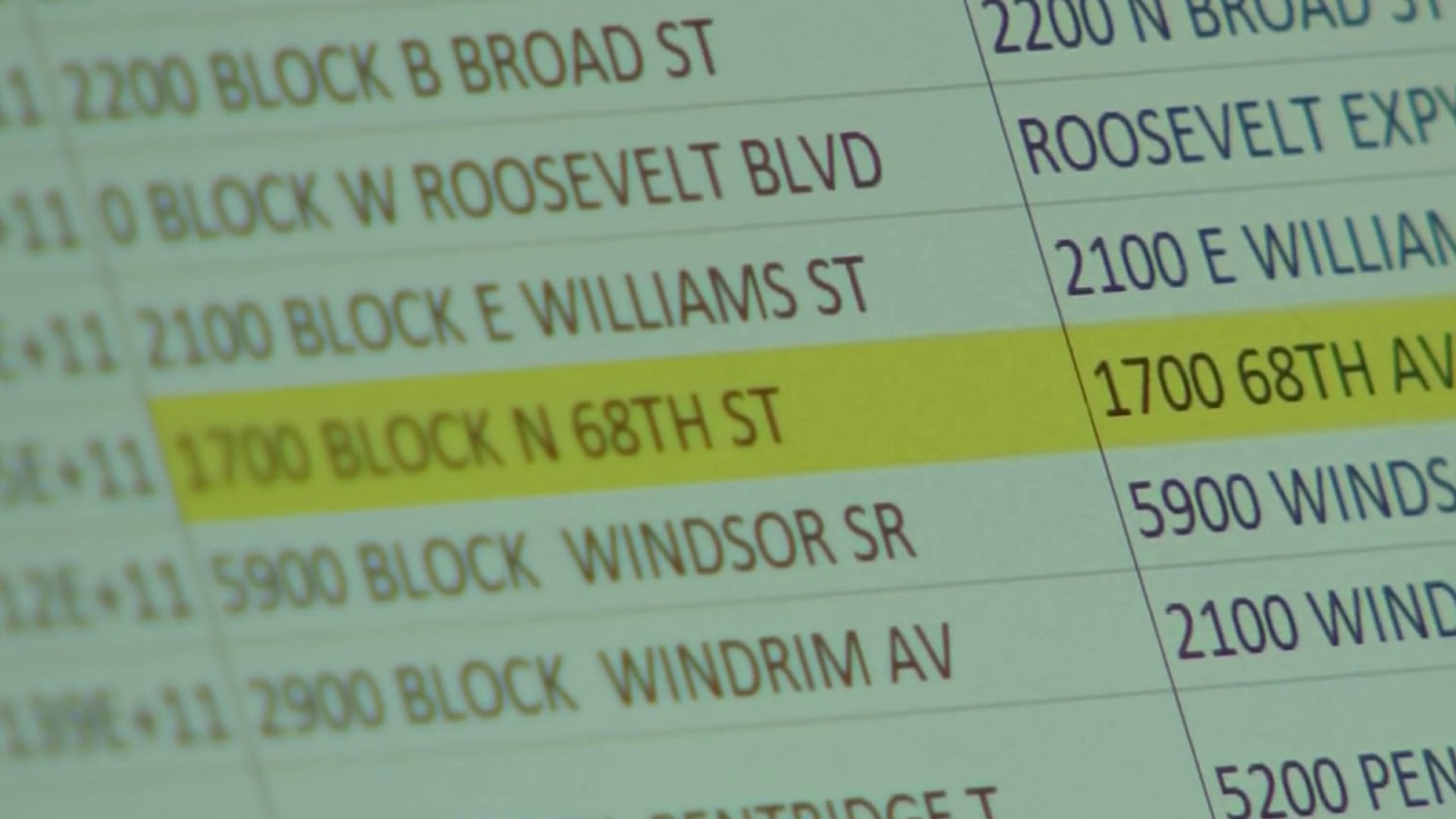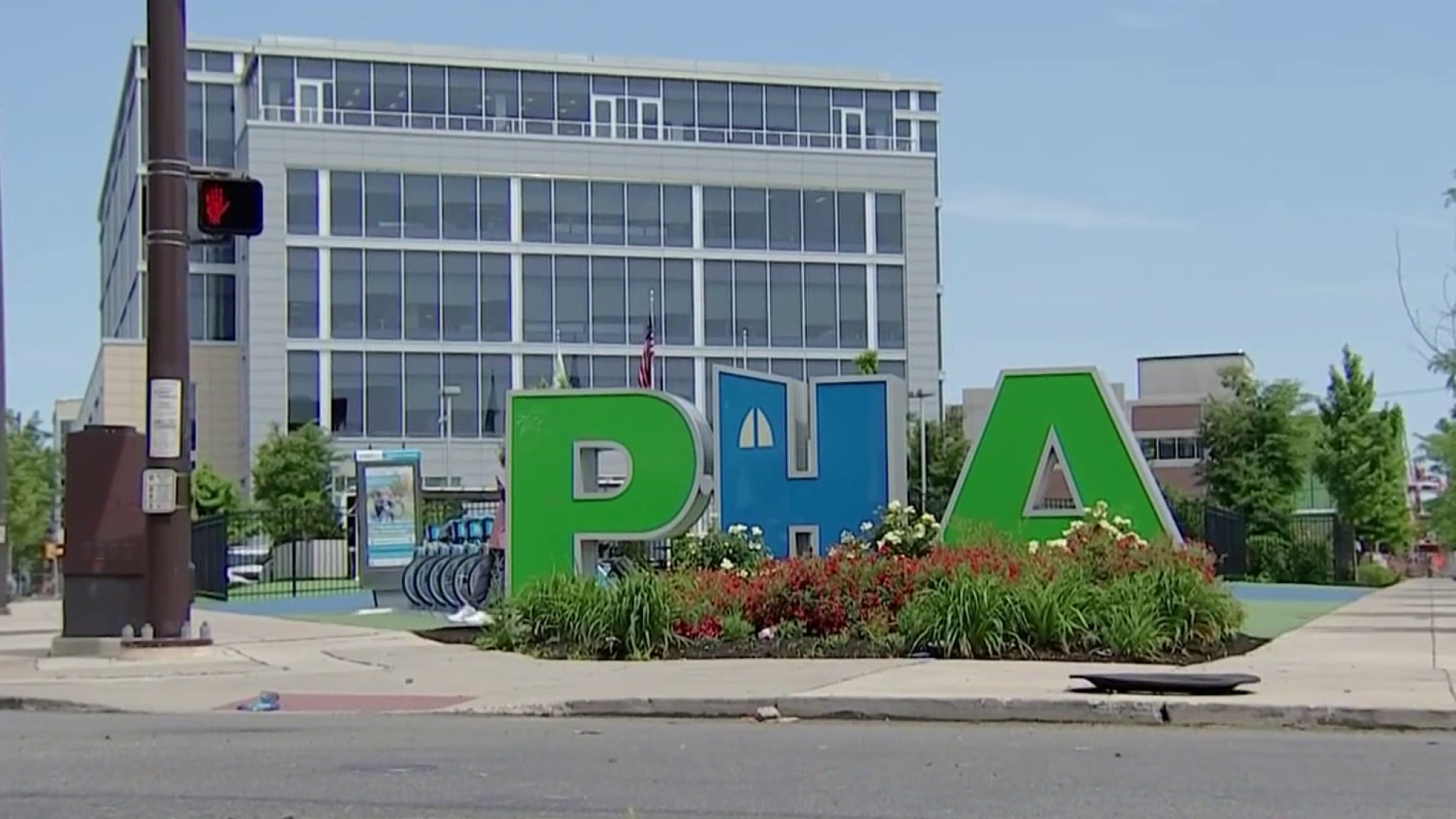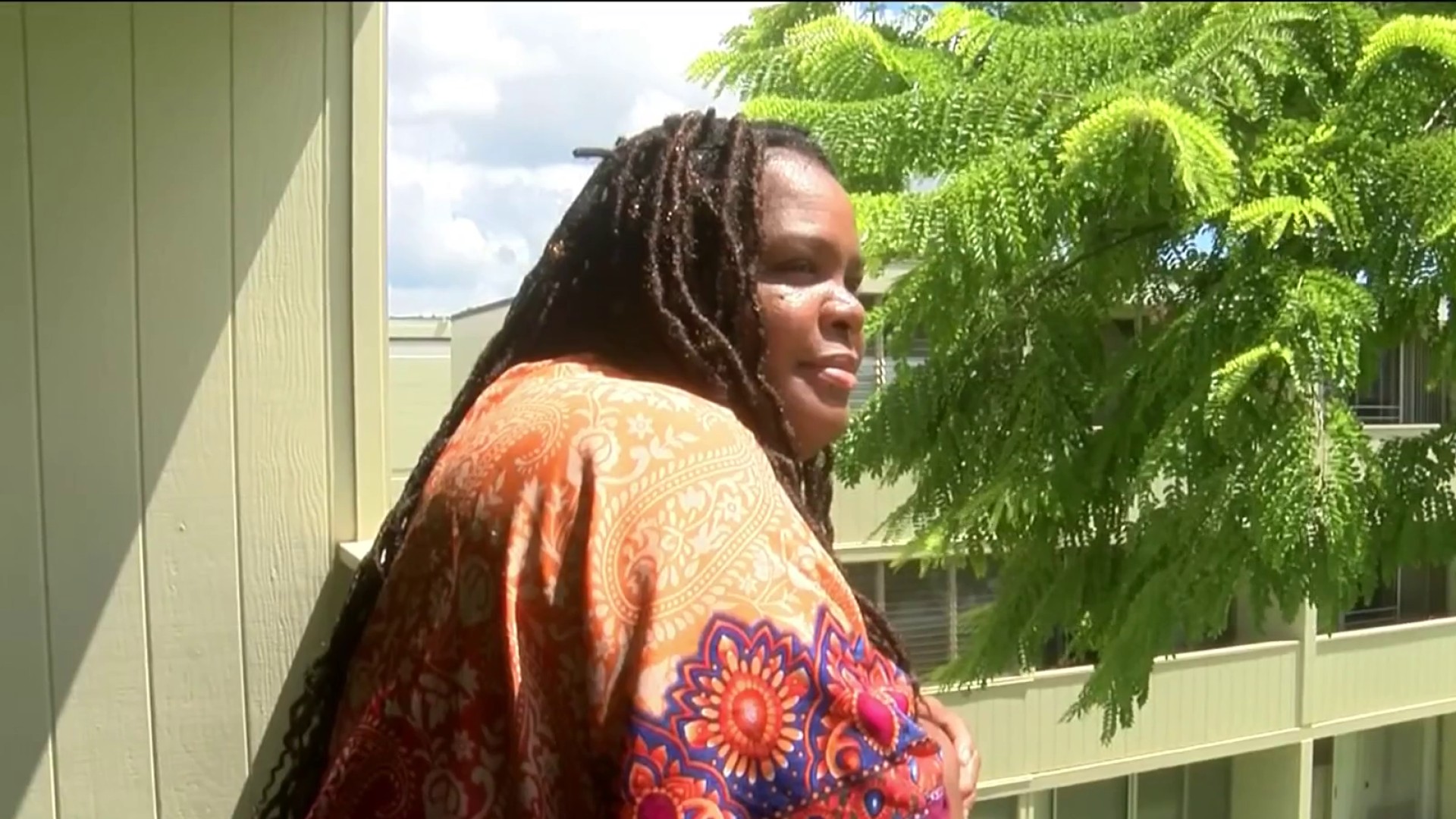Rachel Honore has loved her West Philadelphia home her whole life.
“[West Philly] represents so much culture, so much promise, so much future, and new beginnings,” Honore told NBC 10.
But falling asleep in her neighborhood can be a challenge sometimes.
“Some of the issues that have to do with safety, some of the things that have to do with family dynamics, and finances — all of these make a great recipe for stress,” explained Honore.
Get Philly local news, weather forecasts, sports and entertainment stories to your inbox. Sign up for NBC Philadelphia newsletters.
“And stress is what keeps you up. That’s what really affects the quality of rest you’re getting.”
Sleep experts argue the less sleep people get, the more susceptible they will be to poor health.
And how much you sleep can vary drastically just based on where you live.
The Centers for Disease Control measures sleep quality by counting the percentage of adults in an area, who report getting less than seven hours of sleep a day.
The NBC Investigators analyzed CDC sleep quality data for Pennsylvania, New Jersey, and Delaware, and learned 45% of all residents in Rachel’s West Philly zip code get less than seven hours of sleep a night.
But just one zip code over in Rittenhouse Square that sleep quality number drops to 35 percent.
Many of the Philadelphia zip codes with the worst sleep quality, also were lower income zip codes. CDC data showed many of these neighborhoods also had high rates of asthma, diabetes, and high blood pressure.
Some of the zip codes with the best sleep quality were the most affluent in the city and had some of the lowest instances of high blood pressure asthma and diabetes.
“The surrounding environment is critically important in either promoting healthy sleep or leading to poor sleep,” said Ariel Williamson PH. D., a clinical psychologist at Children’s Hospital of Philadelphia who researches sleep disparities.
In 2020, Williamson co-published an article showing how much sleep you get can depend on socioeconomic status, racism, neighborhood segregation, and geography.
The study says factors like light and noise pollution, crime, and employment traits like shift work can all contribute to lack of sleep.
“All of this is connected, so promoting sleep health is also that can promote broader health. And the attention should really be on the communities that have been under-resourced,” argued Williamson.
NBC10 Investigators
Dr. Maria Elena Vega Sanchez from Temple University Hospital added that lack of access to health care or a sleep doctor can also lead to poor sleep.
“You may have an underlying sleep problem that you don’t even know that you have, and you’re not seeking treatment because you don’t think there’s a problem,” said Dr. Vega.
The sleep doctor explained you no longer have to come in to a hospital or sleep clinic to get diagnosed.
There are new technologies the size of a smartwatch that patients can take home and wear to identify sleep disorders such as sleep apnea.
In many cases, once a disorder is diagnosed, it can be fixed easily.
“It will improve your quality of life — of sleep — you’ll have more energy, and it will reduce your risk of cardiovascular morbidity and mortality so there is a big impact there,” said Dr. Vega.
While the City of Philadelphia doesn’t have any specific programs dedicated specifically to sleep inequality, the city is working on other contributing factors such as tree cover and crime reduction.
Sign up for our Breaking newsletter to get the most urgent news stories in your inbox.





